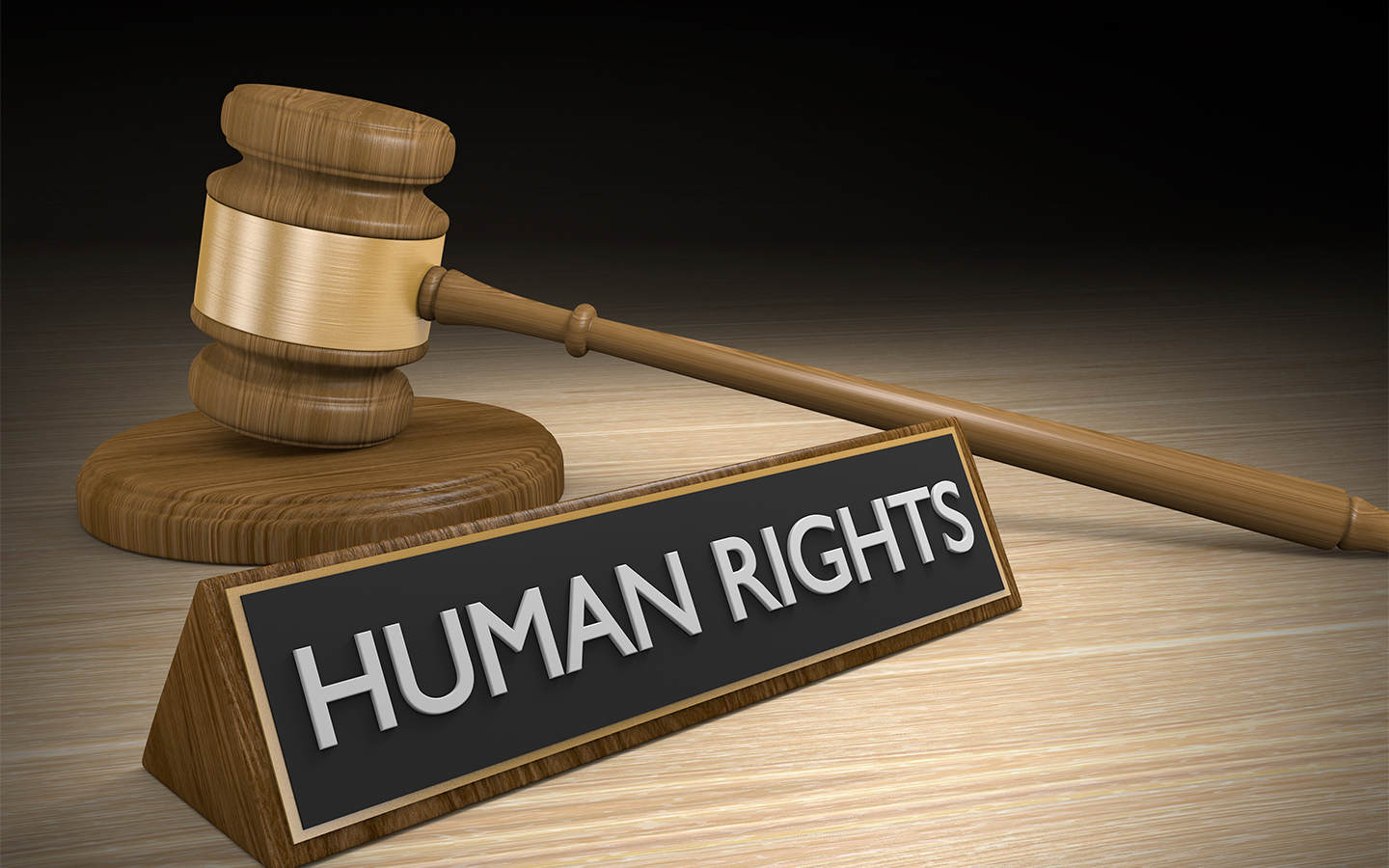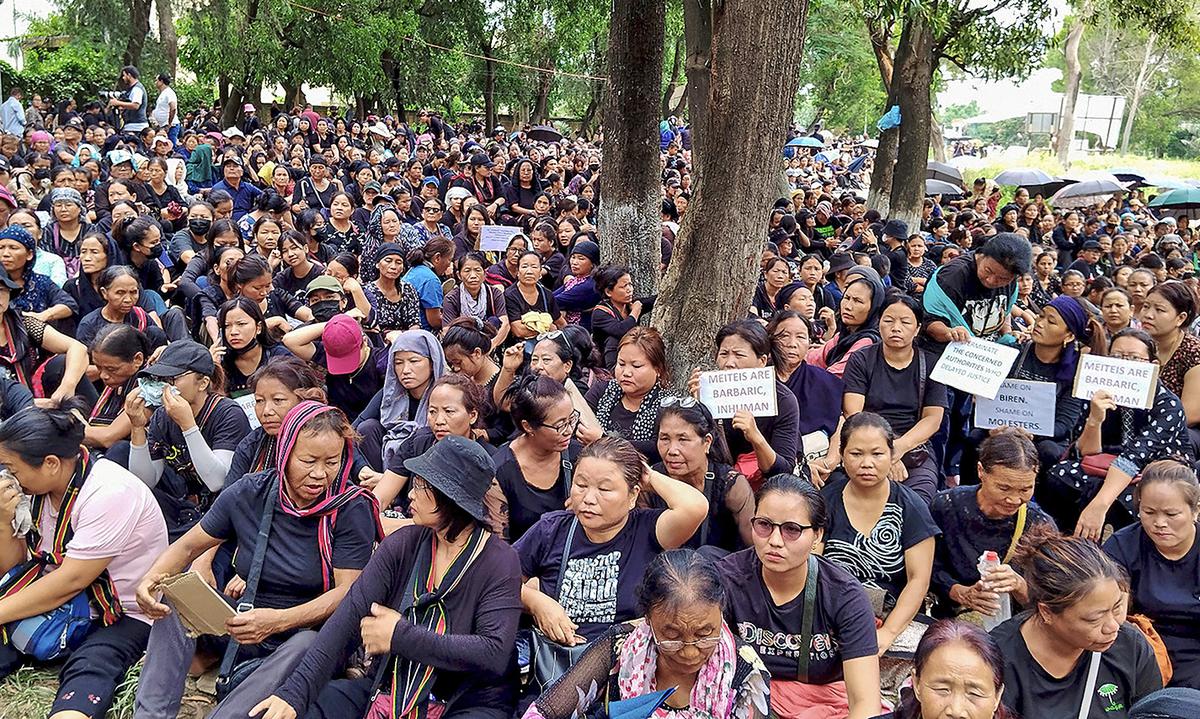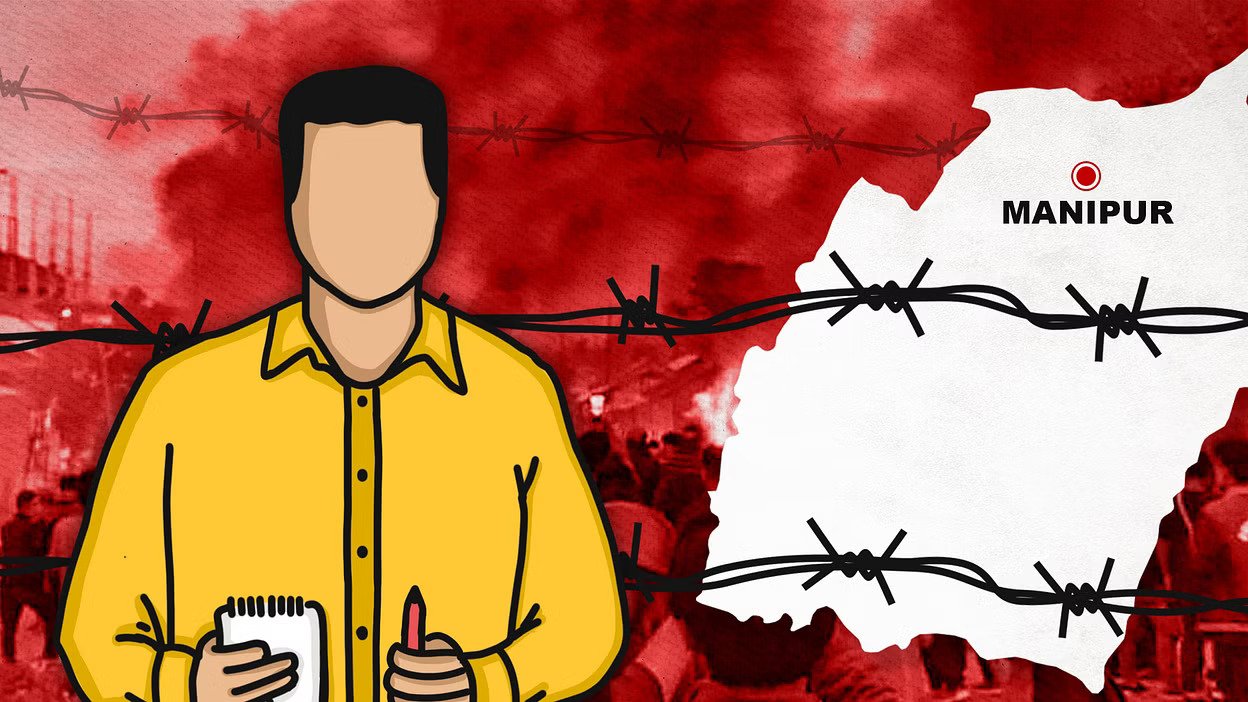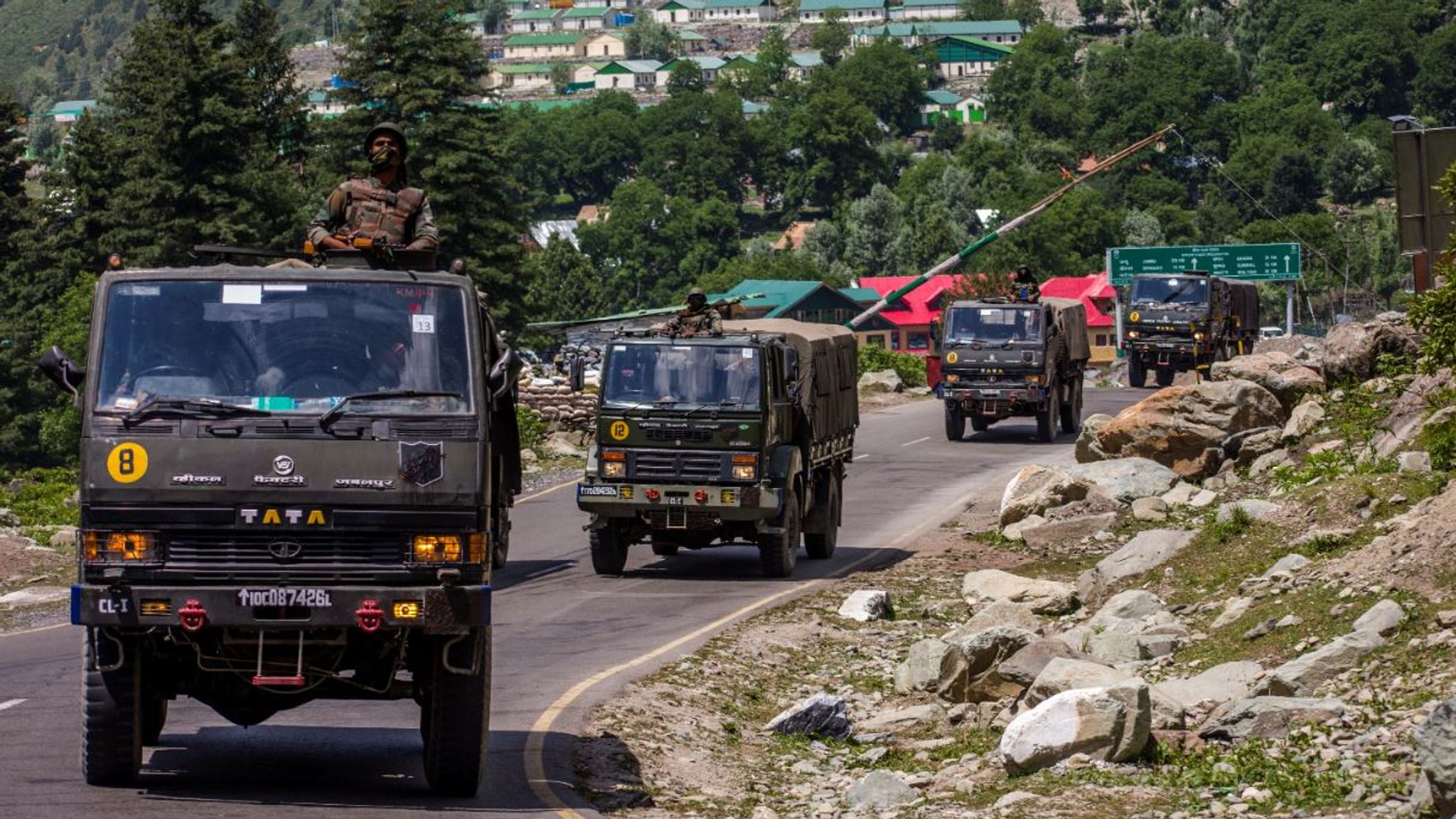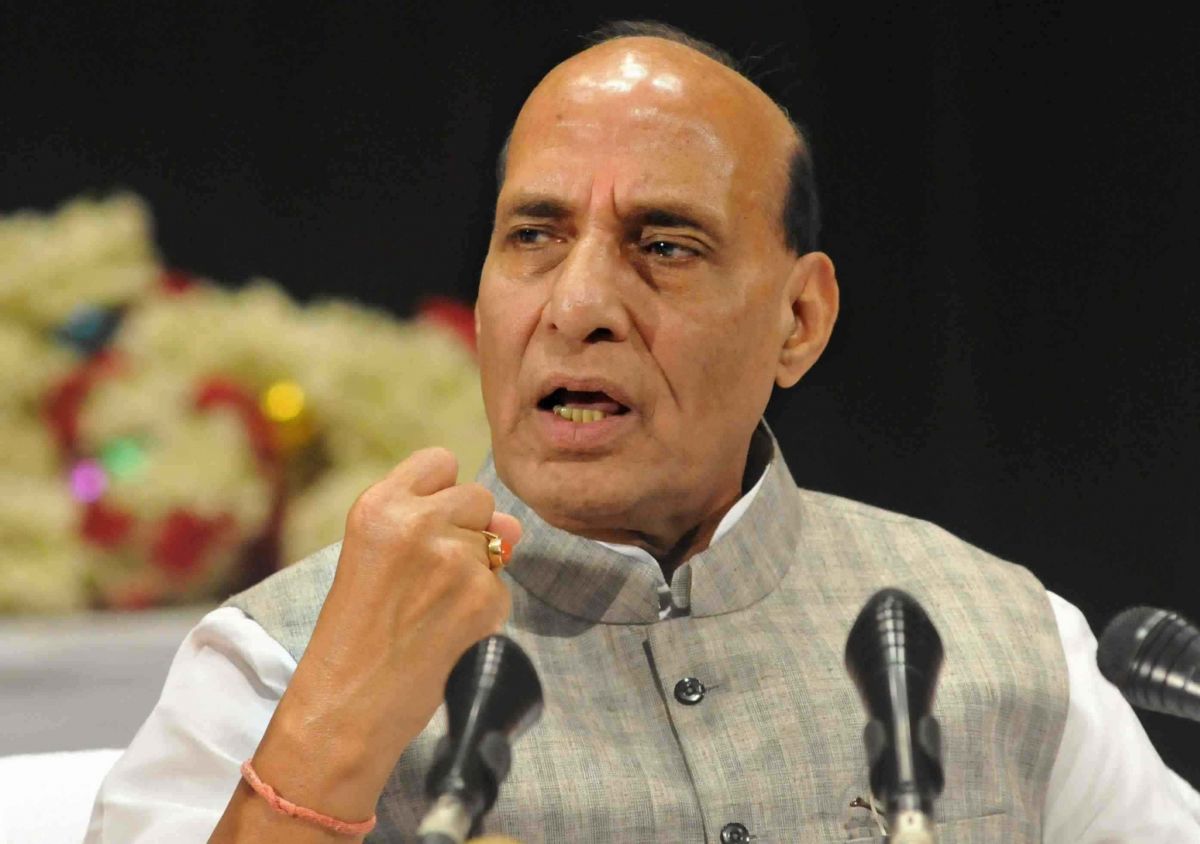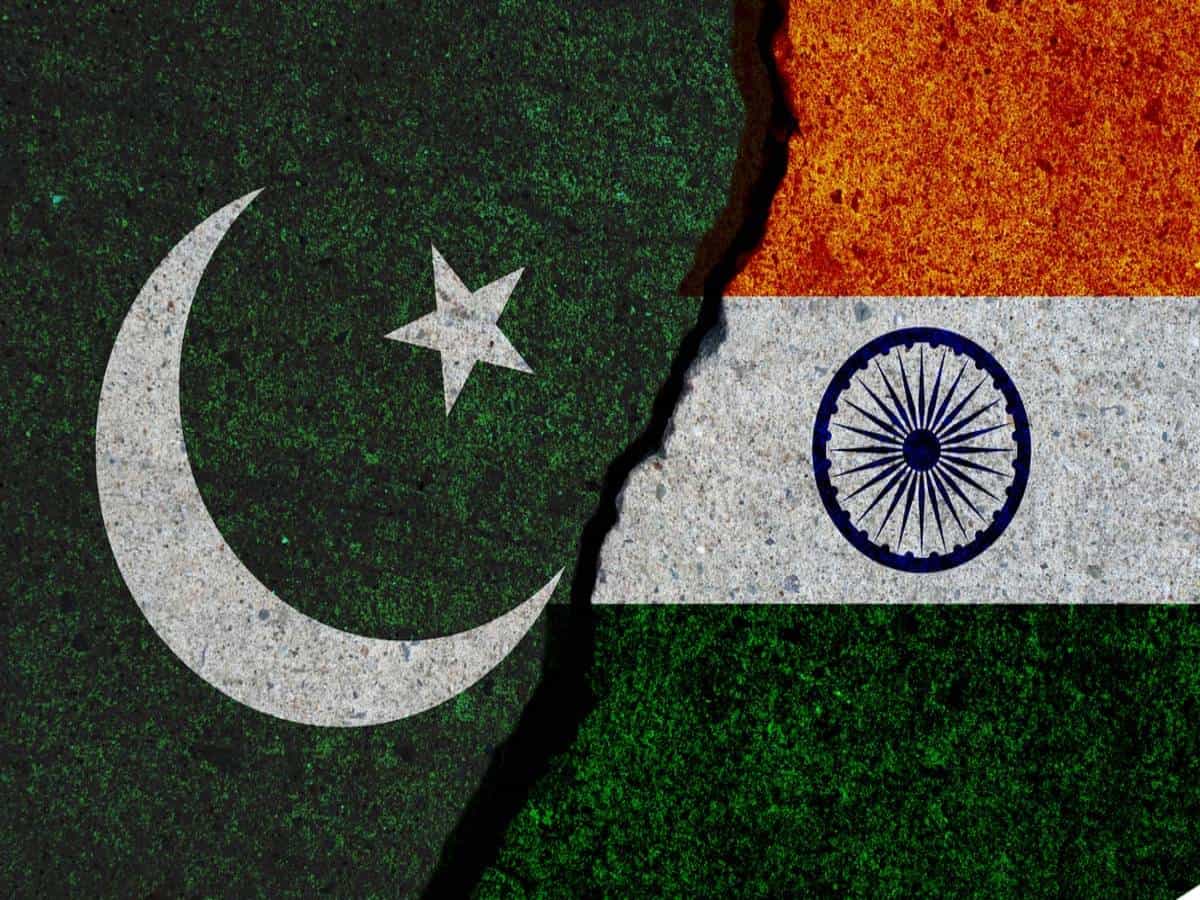Human rights have long been a source of concern on the global stage, frequently igniting conversations and arguments about how other nations treat their populations. When it comes to asylum, migrants, and refugees, then it is a whole new level of moral double standards by the West. India, a significant participant on the international stage, has not escaped attention in this area. Western countries frequently find themselves in a position to criticise and provide advice because of their long history of advocating for human rights. The moral legitimacy of the West lecturing India on human rights is called into doubt by the complicated dynamics that such a position acquires.
The unrest and violence that predominated after an African immigrant was killed by police during a shootout over a purported traffic infraction overran France and unleashed a Pandora’s Box. Additionally, it has rekindled the sometimes ongoing debate in Europe about immigration, both within individual countries and within the EU.
When criticising India’s human rights record, Western countries may claim moral superiority, although allegations of using two different standards are frequently made. Some Western governments, according to critics, have selectively implemented human rights standards, ignoring abuses done by allies or strategic partners while adopting a tough stance towards countries they view as enemies.
The West’s credibility as an impartial referee is damaged by the perception of inconsistency in its response to human rights abuses all around the world. It can give the impression that political advantage is being pursued at the expense of legitimate human rights issues.
During the majority of the last ten years, West Asia and Africa have accounted for the majority of the migration and refugee issues in Europe. The Syrian crisis also inspired other debates within the political landscape of continental Europe, which made the situation worse. While conservative viewpoints supported stricter boundaries, the liberal perspective supported laxer borders.
In contrast to their Western and Northern Nordic equivalents, the East European and Mediterranean governments that served as the first entry point for migrants had qualms about accepting the “others.” Right-wing conservative political parties have gained significant political weight as a result of the debate about the “others.”
The bordering Dutch coalition government fell on July 10 due to the issue of immigration and to help the inflow of asylum seekers, while France has yet to deal with its own crisis. In essence, the vertical division inside the Dutch coalition government is a reflection of the complexity surrounding the issue of immigration, asylum seekers, and refugees.
At the same time, a number of countries denounced the “Koran-burning” that took place in Stockholm, the capital of Sweden, and brought up the incident before the UNHRC. 28 of the 47 UNHRC voting members (selected one from each continent) voted in favour of the resolution denouncing the Stockholm events as the result of prejudice and religious hate. India voted in favour of the proposal put out by Pakistan on behalf of the OIC members. China supported the proposal as well.
Apart from a few minor countries in the Western hemisphere, 12 countries, including the US and EU members, voted against the resolution. The remaining seven people chose not to vote. The Western countries defended their opposition by claiming that their vote was consistent with their well-known stance on human rights and freedom of expression.
Before Europe had even resolved the “outsider” issue, a ghost from the past—this time stemming from migrants from a relatively distant past—had already started to undermine the bilateral relations between India and Canada. It revolved around a gathering held in Canada by ‘Khalistani organisations of hardline members of the immigrant Sikh community, where a portrait of the late Indian Prime Minister Indira Gandhi was shown. After Indian operations to drive out Khalistani separatist forces from the community’s holiest site, the Golden Temple in Amritsar, in 1984, Sikh members of Gandhi’s personal bodyguards shot her dead in her official house.
The nighttime bombing of the Indian aircraft “Emperor Kanishka” in mid-1985 was the most extreme example of Khalistani terrorism outside of India. 329 people on board died. Prior to 9/11, it was the worst airborne act of terrorism.
Every now and again in Canadian internal political debate, the “Khalistan issue” comes up. The Khalistanis have revived their operations in recent months by spray-painting anti-Indian graffiti in parks and Hindu temples. Following the march, there were threats made against Indian embassies in Canada, the UK, and the US, where local governments had failed to effectively respond to similar threats and actions against India.
New Delhi has not taken kindly to the West’s frequent pontifications on human rights and freedom of expression on “minority issues,” particularly with Kashmir and now Manipur as well. The politicisation of such events and concerns by the West, which does not end with their home constituency, as in the instance of Canada, but also internationalises the same through forums like the UNHRC, has made India more irate and disturbed. It goes without saying that the former also influences the latter.
The West’s hypocrisy and selective application of a “value-based global order,” as they like to term it, comes with the intentional connotation that the West can do no wrong and the rest can do no right, which suffices to point out from an Indian perspective. New Delhi has been more outspoken in its evaluations than in the past, as well as more visible and voluble, especially since India has partially reclaimed its status as the voice of the Global South from the Cold War era.
Contrary to the past, the majority of problems the West is currently facing with regard to migrants, refugees, and asylum seekers are not of their own making. In the case of Europe, colonialism, followed by the necessity for inexpensive labour in the decades following World War II, opened the floodgates to what soon turned into, to use a literary term, a Frankenstein’s Monster. The developing world, where the “others” originated, has little to do with this monster. The dynamics have altered throughout time, and there is now less separation between the host nation, which is domestic, and the “others'” country of origin.
The migrants, who are mostly now citizens or undocumented illegals, are only here temporarily in certain circumstances. As citizens, this group will set the rules and influence how the developed West will look in the future, beginning with the “migration discourse.”
Although India’s record on human rights is not perfect, real issues should be discussed in a positive manner. However, the West’s standing as a moral leader is hampered by its own problems with human rights and the perception of unfair treatment in international affairs. Fostering involvement and cooperation in place of a top-down lecturing strategy can open the door for a more thoughtful and respectful discussion of human rights concerns. The objective should be to cooperate in advancing human rights on a global scale while learning from one another’s achievements and shortcomings. Despite legitimate concerns, threats to freedom and rights are no longer only a problem for countries like India. However, the so-called champions from the rich nations must also confront the issue in the privacy of their own spaces.
